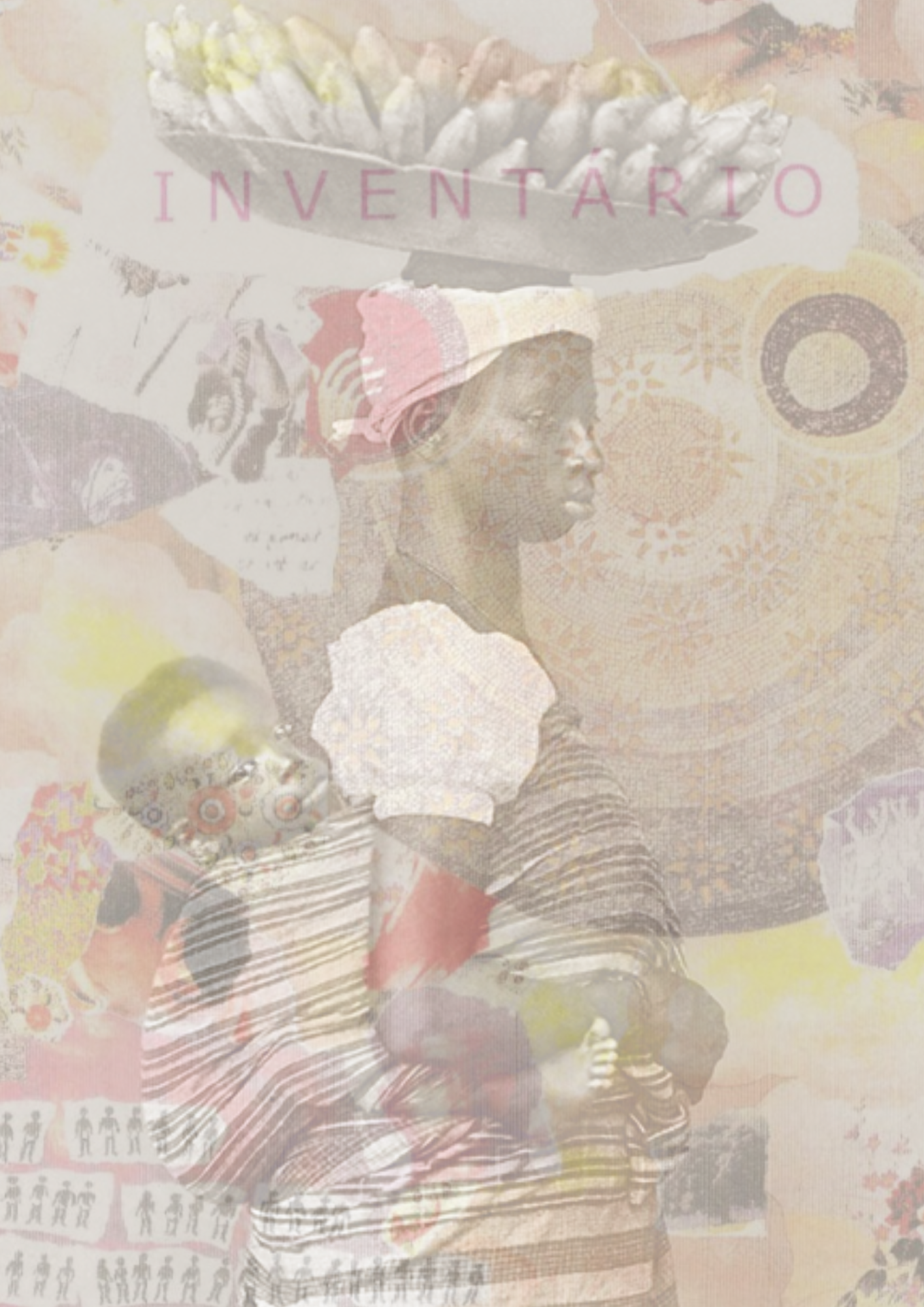A MAMÃE FOI TRABALHAR ONDE?
PERSPECTIVAS DA RELAÇÃO DE TRABALHO E MATERNAGEM NEGRA EM A MÃE QUE VOAVA
Palavras-chave:
Maternagem, Trabalho, InterseccionalidadeResumo
A partir do reconhecimento de que as maternagens de pessoas negras estiveram, historicamente, ancoradas em escritas colonialistas e brancocêntricas, dentro do contexto da literatura brasileira, não podemos deixar de considerar os impactos dessas perspectivas nas construções de nossas subjetividades. Seja por meio da estigmatização ou por meio da anulação de experiências, existe uma falha proposital nessas produções que insiste em cristalizar a negritude em lugares de impossibilidades de construção, sobretudo, de redes de afetos, dentro do trato parental. Contudo, movimentos literários de desestabilizações, fissuras e rompimentos com essas imagéticas, estão sendo feitos, como é o caso da obra A Mãe que Voava, que conta a história da garotinha Alice que assiste sua mãe trabalhar dentro e fora de casa contando com um fator crucial: o de retorno. A experiência do trabalho para mulheres negras fora de suas casas, apoia-se de maneira muito específica, na impossibilidade de um retorno e por consequência com o distanciamento da própria família. O livro nos oferece outras possibilidades que se pautam nos afetos, na presença e na existência de uma maternagem preta que subverte e transgride uma hegemonia da branquitude e atualiza nossas percepções sobre parentalidades negras apontando para a complexidade de nossas experiências.
Downloads
Referências
BADINTER, Elisabeth. Um amor conquistado: o mito do amor materno. São Paulo: Círculo do Livro, 1980.
CARNEIRO, Sueli. Enegrecer o feminismo: A situação da mulher negra na América Latina a partir de uma perspectiva de gênero. LOLA Press, nº 16, novembro, 2001.
CARVALHO, Caroline. A mãe que voava. Ilustrações de Inês da Fonseca. 1ª edição. Belo Horizonte. Editora Aletria. 2018.
DEBUS, E. S. D. A literatura infantil contemporânea e a temática étnico-racial: mapeando a produção. In: 16 COLE, 2008, Campinas. Anais do 16 COLE - No mundo há muitas armadilhas. Campinas, 2008.
EVARISTO, Conceição. 2005. Gênero e etnia: uma escre(vivência) de dupla face. In: MOREIRA, Nadilza Martins de Barros; SCHNEIDER, Liane (Org.). Mulheres no mundo: etnia, marginalidade e diáspora. João Pessoa: Editora da UFPB; Idéia.
GONZALEZ, Lélia. 2020. Por um Feminismo Afro-Latino-Americano: Ensaios, Intervenções e Diálogos. Rio Janeiro: Zahar. 375 pp
PESTANA, C. V. A. A Literatura afro-infantil: Representação e Representatividade. In: I Encontro Nacional de Literatura Infantil e Juvenil: teorias e práticas leitoras da UERJ, 2020, Rio de Janeiro. Anais do I Encontro Nacional de Literatura Infantil e Juvenil: teorias e práticas leitoras. RIO DE JANEIRO: DIALOGARTS, 2020. v. 1. p. 440-463.
SILVA, Fabiana Carneiro da. Ominíbú: maternidade negra em um Defeito de cor. Salvador: Edufba, 2019.







